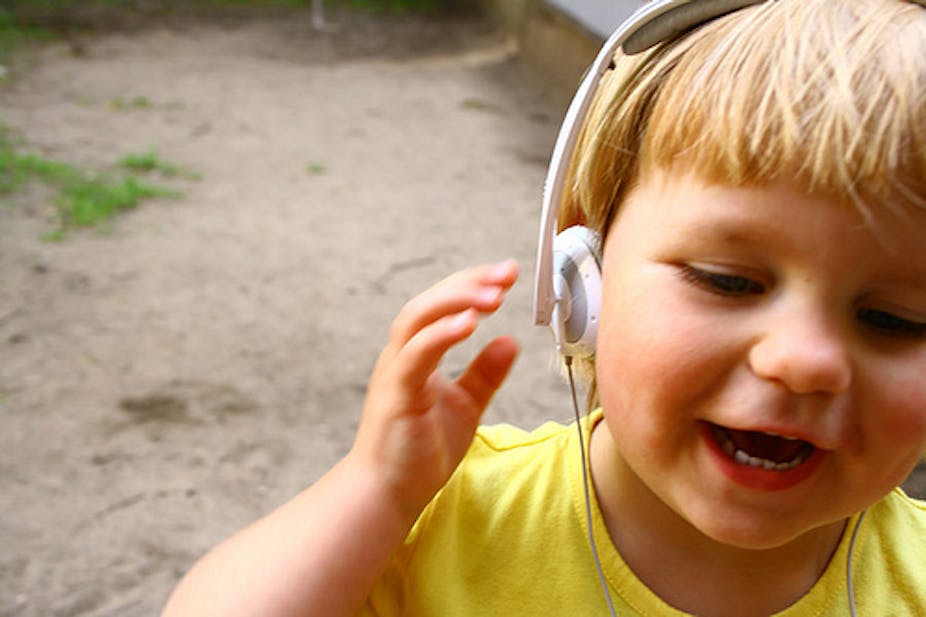What parent can pass up the chance to boost their child’s intelligence by putting on some nice classical music?
The popular idea that IQ scores can be raised by listening to Mozart is a case study in how a cultural meme can be created almost overnight, if the right societal and economic factors are in place.
This particular juggernaut started rolling in 1993 with a fascinating piece of speculative research by Frances Rauscher, Gordon Shaw and Katherine Ky. The researchers had a small group of university students listen to the first 10 minutes of Mozart’s Sonata for Two Pianos in D Major (better known to musicians and scholars by its technical handle K448) and then asked them to complete tasks involving judgement of time and space (known as spatiotemporal reasoning).
The researchers wanted to test the idea that by priming particular networks of nerve cells in the brain with the music, they could temporarily improve the functioning of that area. And to their surprise, they found the students scored better on the tests after listening to K448. The benefits lasted for around 10 minutes after the music had stopped.
There are many limitations to the study but it was a thought-provoking and original finding, especially given the researchers’ attempt to describe the strength of the effect. Rauscher and her colleagues compared the increase in performance to a gain of several points in one of the sub-scales of a popular IQ test.
The researchers chose K448 for very specific reasons to do with the way they were modelling brain function. It appears they were on to something, as follow-up studies have confirmed that in some children with severe epilepsy, listening to K448 every day can reduce the rhythmic firing of some of the affected brain cells, reducing the chances of a seizure over the long term.
More recent studies with functional magnetic resonance imaging (fMRI) scans have also supported the idea that there may be something specific to this piece of music in its ability to activate the brain.

On the basis of the original 1993 research, there has never been any reason to believe that short-term results of a laboratory test in adults would translate to accelerating the development of a child’s brain. But the phenomenal public over-reaction to this interesting but highly technical paper gave birth to the belief that just listening to classical music makes children smarter.
A detailed but readable account of what happened next is given here but, in short, scientific researchers have been reluctant to make conclusions about the effect of K448 on the brains of listeners while others identified a juicy business opportunity.
Promoting the idea of a “Mozart effect” makes good business sense because royalties don’t have to be paid to long-dead composers if you sell recordings of their music. There are many orchestras happy to license their performances of well-known pieces for minimal fees.
All that is left is to trick out the music CD with a catchy name such as Baby Mozart, Lovely Baby Music or, simply, Mozart For Babies, combined with a winning marketing strategy. Conscientious parents have lapped it up and truckloads of CDs have walked out of warehouses around the world. An entire industry of music-related mental enhancement has been born.
Gordon Shaw, co-author of the original paper, wrote a book to try to correct the record but the promotional hype has intensified anyway.
Much stronger and more convincing evidence suggests children should be taught to play music instead of just listening to it. Early musical training has been clearly associated with improved speech and language development in children and can improve performance in non-musical tasks.
So if you want to boost your child’s IQ, don’t just play your child classical music while you go off and do something else. Get her singing, practising and performing music herself if you really want to help her shine.

